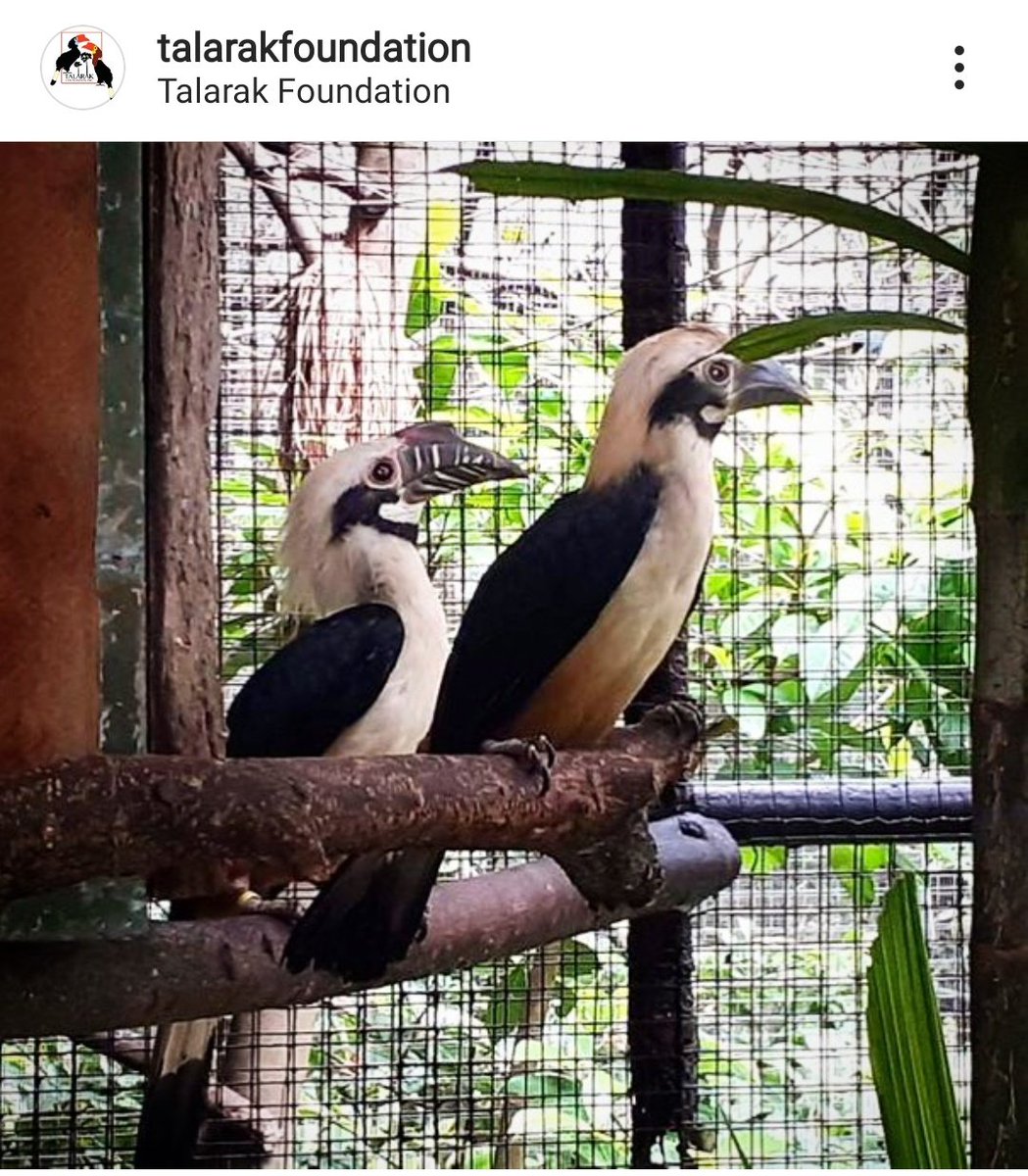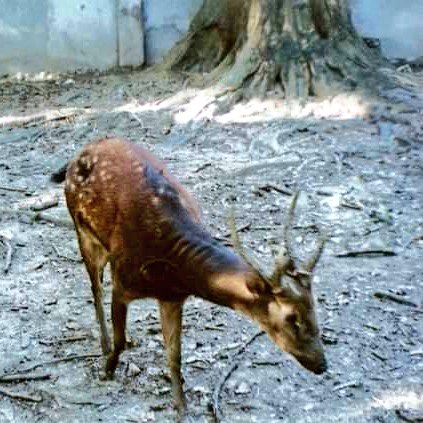
When I tweeted this (OT) last Thursday, I hadn't expected it to spark subtweet discussions. More surprisingly, were the responses from @lamaveproject and 2/3 of the authors. Here is a long-ish 🧵to unpack everything #DecoloniseScience #DEI from the past 3 days:
https://twitter.com/jean8rum/status/1565280286664839168
I deliberately did not mention the authors @VSenigaglia @daniellahanf @ponzoale in the OT. Seeing that they had all listed LAMAVE as a common affiliation, it seemed this was an organizational problem. And yes, I ---
--- will continue to tag @lamaveproject in this thread even though they have denied any affiliation to the paper in question. [more on this later]
I want to start by saying Author 2 @daniellahanf reached out to me via DM; we had a frank exchange wherein she acknowledged and apologised for her naivete. I look forward to seeing how her personal reflections on this particular #DEI issue translates in her future work.
Author 3 and LAMAVE co-founder @ponzoale has not reached out nor replied to the OT. [more on Ale and LAMAVE later]
Author 1 @VSenigaglia responded with a 4-tweet thread that has sparked a subtweet discussion #DecolonizeScience, particularly on authorship rules.
https://twitter.com/VSenigaglia/status/1565832817745231872
I don't agree with @VSenigaglia reason for excluding local researchers as co-authors, and am grateful to #PinoyScientists advocating for further discussions and policy changes to address this #DecoloniseScience #DEI issue.
The most confusing response came from @lamaveproject with a 3-tweet thread that essentially erases their NGO's history, including work they claim to have done from 2010 to 2013. This info ---
https://twitter.com/lamaveproject/status/1565677152368214016
The complex history of @lamaveproject in the Philippines 🇵🇭 is very much linked to @ponzoale and his Italian 🇮🇹 NGO, Physalus. This connection is also mentioned on their website [see previous tweet for link]
Additionally, in a FB/IG post just last June, @lamaveproject introduced Author 3 @ponzoale as their co-founder and to this day, their website features him as an Advisor [see lamave.org/our-team]
Moreover, to detach from its historical origins is disrespectful to local scientists such as myself who have acknowledged the work @lamaveproject did in its earlier years (LAMAVE 1.0), accommodating and introducing @ponzoale and his team to our professional networks, and ---
--- from which LAMAVE 2.0 @lamaveproject has greatly benefitted from.
Notwithstanding that @ponzoale himself has been #DEI problematic all these years, often whispered as a cautionary tale among our networks, I personally maintained a friendly - albeit cautious - professional relationship with him and @lamaveproject.
To his credit @ponzoale was always eager to share his expertise as a wildlife veterinarian and provide assistance whenever a sick sea turtle was brought to SU-IEMS, or in this photo, when we had to do a necropsy. 

I also maintained a professional relationship with @ponzoale @lamaveproject in recognition of the gaps they could fill in terms of #sharks research in the Philippines, although in retrospect such gaps were glaringly apparent due to #DEI inequalities especially ---
--- when you consider the vastly different #DEI realities between @lamaveproject predominantly privileged, white-led team (esp. in LAMAVE 1.0) and us #PinoyScientists who were often independent, overworked, and underpaid
However, with this recent #DecoloniseScience #DEI offense by @ponzoale @lamaveproject (the 2nd in just 3 months), I have lost all hope that LAMAVE 2.0 can evolve past the misgivings of LAMAVE 1.0.
I don't know what the ongoing internal conflict between LAMAVE 1.0 and LAMAVE 2.0 means for the future of @lamaveproject and tbh at this point I don't care to know.
As for the paper, I hope @VSenigaglia @daniellahanf @ponzoale do the right thing: withdraw and rewrite it with a Filipino co-author. IMHO, it doesn't even have to be #PinoyScientists from 2010-2013 as long as they contribute significantly to the MS. #DecoloniseScience #DEI
In 2022, there is simply no reason for foreigners conducting studies abroad to publish without a local co-author. If you think Filipinos need to put in more effort to deserve co-authorship, then give Filipinos the opportunity to put in that effort. #DecoloniseScience #DEI
Ending this thread with my heartfelt thanks to everyone who has supported me, personally or by way of RTs, QTs, and tweet likes. It'll be an uphill battle to #DecoloniseScience in the Philippines but it gives me hope that there are many willing to get the ball rolling on this.
Tagging collaborators listed on @lamaveproject website, for your #DEI awareness: @danielfernan7 @MichelleHeupel @SharkColin @simonpierce @HuveneersSSEG @aayaptinchay @spinnershark7 @JackieZiegler also listed partners @TubbatahaLive @natgeo @saveourseas @DA_NFRDI @SharkRayFund
They listed so many people and partners on their website lamave.org/our-partners and I don't have time to find everyone's Twitter handles
@threadreaderapp unroll pls
Addendum: I just want to clarify that I was not a part of the #PinoyScientists who collected the 2010-2013 🐬🐋 data used in Senigaglia et al. (in press), and will not benefit professionally if that article - in its current state - is withdrawn from publication.
• • •
Missing some Tweet in this thread? You can try to
force a refresh






